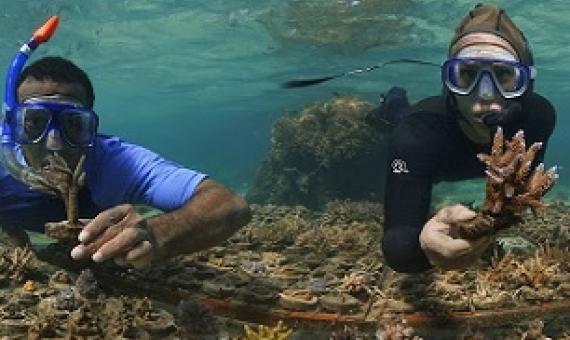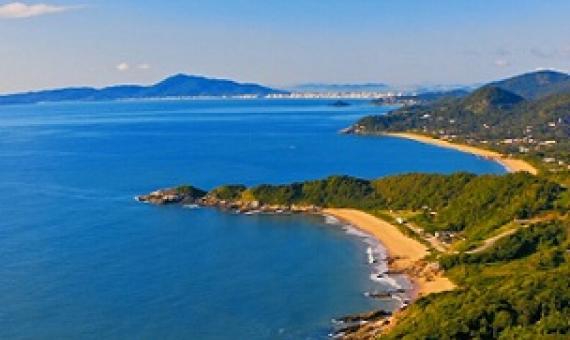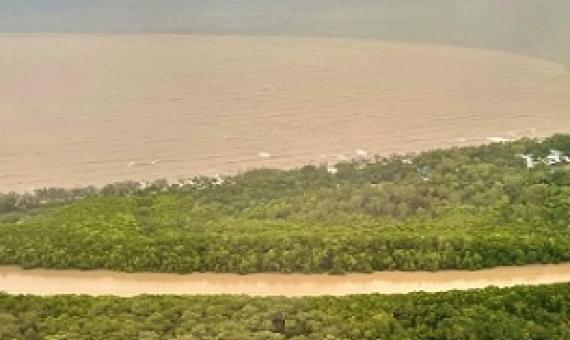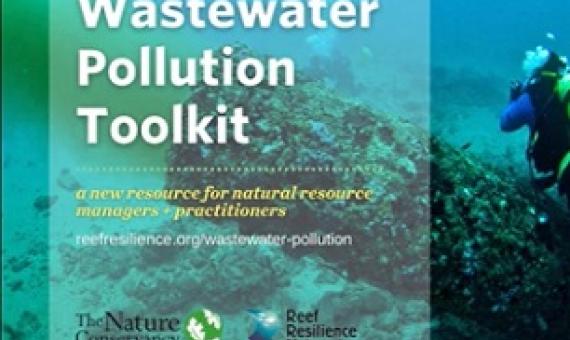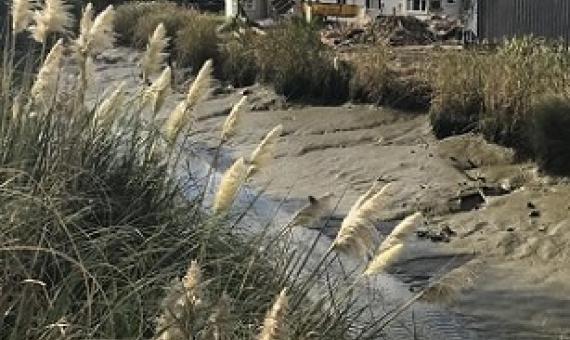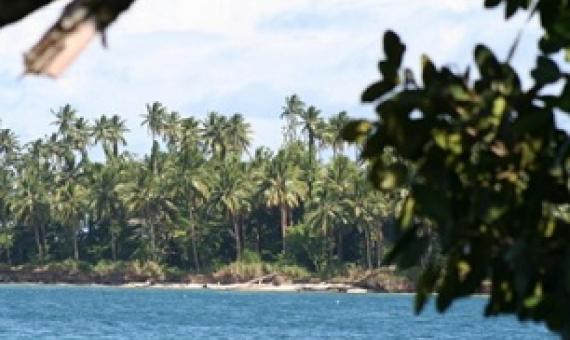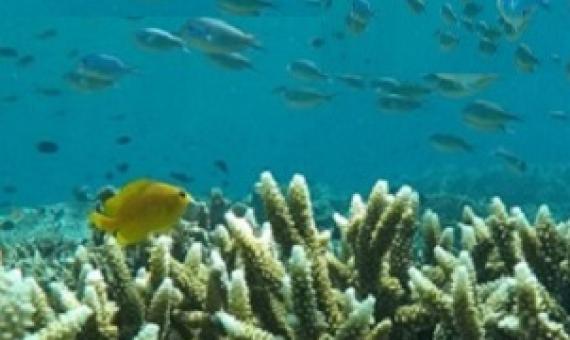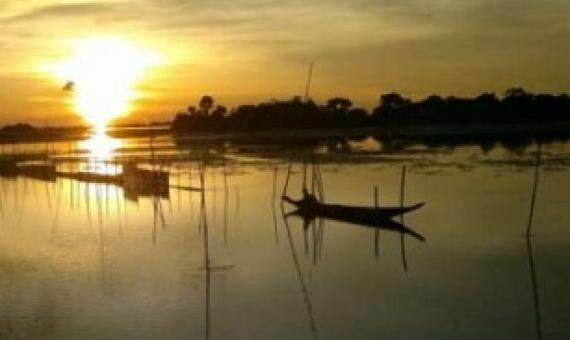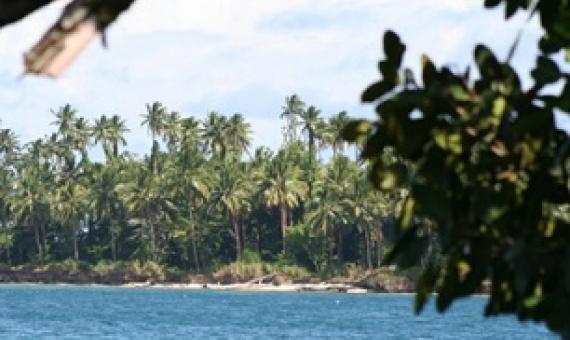Victor Bonito takes the concept of working from home to new levels. The marine scientist's house overlooks his lab: the beautiful turquoise-blue waters of Fiji's Coral Coast.
New research has revealed that only 15 percent of coastal areas around the world remain intact, exposing the need for urgent coastal rehabilitation and conservation on a global scale.
Global forest restoration opportunities to foster coral reef conservation
Sediment runoff from disturbed coastal catchments is a major threat to marine ecosystems. Understanding where sediments are produced and where they are delivered enables managers to design more effective strategies for improving water quality. A management strategy is targeted restoration of degraded terrestrial areas, as it provides opportunities to reduce land-based runoff from coastal areas and consequently foster coral reef conservation.
Increasing reforestation efforts in coastal regions could substantially reduce the amount of sediment run-off reaching coral reefs and improve their resilience, a University of Queensland-led study has found.
The new Wastewater Pollution Toolkit provides the latest science and strategies to help marine managers address wastewater threats wherever they work.
More than 20 million native trees and other plants will be planted around New Zealand's biggest harbour in the ground-breaking $200 million Kaipara Moana Remediation project. Kaipara Moana Remediation (KMR) interim manager Alan Wilcox said it was the foundation of a new intergenerational app
After successfully stopping one sand mining project, Papua New Guinea environmentalists now want the government to tighten the rules around the industry. The environmental group, Mas Kagin Tapani, advocated for the more than 10,000 who lived in communities along a 38 kilometre stretch of the
Flooding and erosion are growing problems for low lying coastal zones across the world. These phenomena are expected to worsen globally by 2-3 orders of magnitude by 2100.
In coming decades as coastal communities around the world are expected to encounter sea-level rise, the general expectation has been that people's migration toward the coast will slow or reverse in many places.
Thirty-eight kilometres of black sand beaches north of the town of Madang in Papua New Guinea could be about to be mined, threatening communities and the environment, including nesting grounds for endangered leatherback turtles...A former PNG chief justice and cabinet minister...contended that mi

